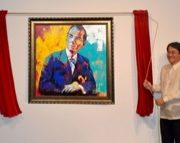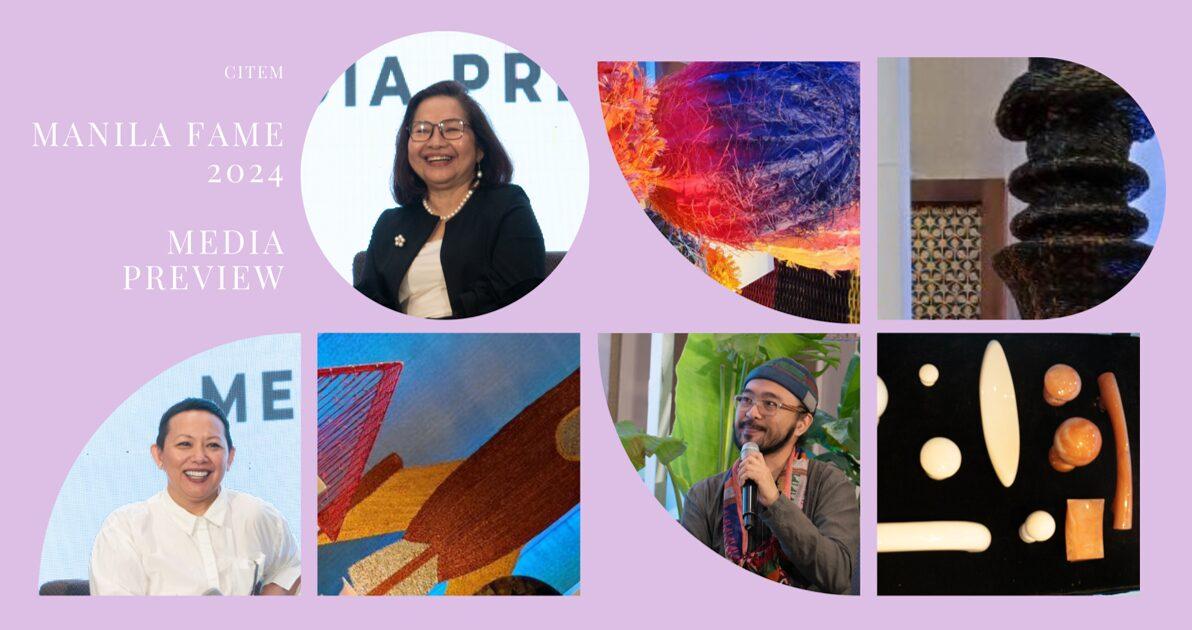
Tel Aviv — The Balai Quezon (Quezon House), a cultural center established in honor of former Philippine President Manuel L. Quezon’s historic decision to offer safe haven in the Philippines for Jewish refugees from the Holocaust in Europe, was inaugurated at the Philippine Embassy in Israel on 29 October 2019, with Foreign Affairs Undersecretary for Strategic Communications and Research Ernesto Abella attending as the guest of honor.
In his welcome remarks, Philippine Ambassador to Israel Neal Imperial highlighted the center’s significance to Philippine-Israel ties. “[The “Open Door Policy” is] the cornerstone of the deep and fast friendship between the Philippines and Israel,” the ambassador said. “It has been our dream … [to have] a place that would honor this special moment in history between our peoples.”

The Ambassador outlined the three core functions of Balai Quezon: first, it will serve as a resource center on Quezon’s “Open Door Policy;” second, it will administer the Embassy’s Filipino Language and Culture Program for Filipino children born in Israel; and third, it will work with local institutions to build awareness of this historic event and of its impact on Philippine-Israel relations.
Undersecretary Abella, in his keynote address, noted that Quezon’s policy had been driven by principle and a sense of shared humanity. “The idea that a people would shelter another for the simple reason that they believe in their basic right to exist and pursue a life of freedom and fulfillment.” He expressed hope that the Balai Quezon would support efforts to build awareness of Quezon’s inspiring legacy, and lauded it for being “the first and only of its kind in the Philippine foreign service.”
The inauguration began with the turnover and unveiling of Manuel Quezon in Spontanrealismus, a painting by Filipino artist Celeste Lecaroz. Philippine Honorary Consul to Jerusalem Shimon Weinbaum, who had commissioned the painting, donated the artwork to the Balai Quezon in honor of its inauguration.

The evening program also featured one of the youngest finalists in local competition Israel’s Next Rising Star Howie Danao. Danao performed a stirring Hebrew version of classic Filipino rock song Balita, originally released by Asin.
The Undersecretary, joined by the Ambassador, members of the diplomatic corps, and Israeli officials formally opened the Embassy’s exhibit entitled, “The Philippines and Israel: An Enduring Friendship, a Growing Partnership,” which featured photos of key milestones in the Philippine-Israel bilateral relationship.
Also present were Max Weissler and Margot Pins Kestenbaum, proud “Manilaners” who now reside in Israel. Weissler and Kestenbaum were among the almost 1,300 Jewish refugees who were able to find safety in Manila; the community referred to themselves as “Manilaners” in fond reference to the city that became their new home.
—
For more information, visit https://www.telavivpe.dfa.gov.ph, https://www.philippine-embassy.org.il or https://www.facebook.com/PHinIsrael/.






